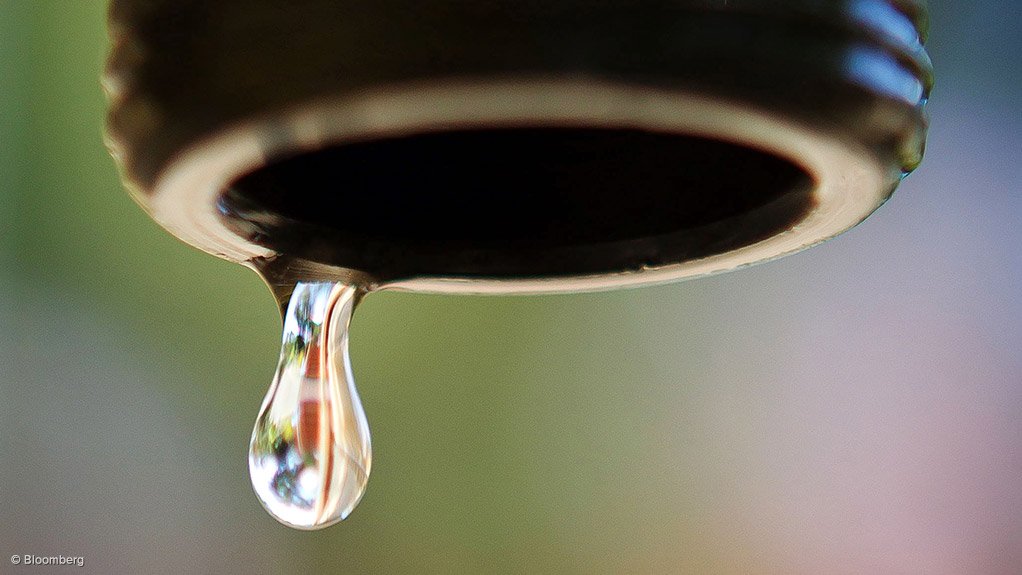/ MEDIA STATEMENT / The content on this page is not written by Polity.org.za, but is supplied by third parties. This content does not constitute news reporting by Polity.org.za.
South Africa has made great strides to transform the water and sanitation sector since the democratic government came into power 23 years ago, the Deputy Minister of Water and Sanitation, Mrs Pamela Tshwete said today.
Addressing international exhibitors at the Trade Fair for Water, Sewage, Waste and Raw Material Management (IFAT) at NASREC, Johannesburg, Tshwete said programme of transformation focused mainly to the human resource management of the sector, upgrading of the existing water and sanitation infrastructure, provision of water and sanitation services to all communities, and introduction of new smart water and sanitation technologies.
“The assessments and reports received thus far, reflect our ability to preserve the natural water resource and provision of quality water services has also been put to scrutiny. Thirty eight district municipalities in nine provinces of our country were declared disaster areas between July 2015 and April 2016.”
However, the country was not without its challenges as the severe drought that afflicted major parts of South Africa for two years between 2014 and 2016 caused untold damage to the economy of the country. The situation in the Western Cape continues to threaten the government’s ability to provide water in that province. The dam levels continue to drop at an alarming rate. Last week the City of Cape Town declared Level Five of water restrictions, the severest measure that any municipality had ever taken to conserve water.
The Deputy Minister said that drought conditions presented South Africa with new challenges in term of water demand management. The old infrastructure was bleeding the country water to the value of R7 billion a year. However, to stem the tide, part of the department’s plan since two years ago had been to train of 15 000 youths as water agents, plumbers and artisans who would be deployed to all municipalities, government departments and the private sector on completion of their training. The War on Leaks Programme was aimed at eradicating water leaks while creating jobs for the youth, Tshwete said.
“In addition, as part of further transformation, the department has an incubator programme for the skills development of women. The aim of this programme is to introduce women into the construction of water and sanitation facilities.”
“The department is also working with learners to generate interest in water and sanitation-related careers and develop them into future water and sanitation professionals.”
She said water stakeholders had adopted the Water and Sanitation Master Plan to ensure sustainable water demand management. The plan was a collaborative idea to share information, improve the department’s capabilities and strengthen already existing and new partnerships. The main objective of the master plan was to give proper effect to government’s efforts towards the achievement of seamless integrative and transparent service delivery methods.
Issued by the Department of Water and Sanitation
EMAIL THIS ARTICLE SAVE THIS ARTICLE ARTICLE ENQUIRY
To subscribe email subscriptions@creamermedia.co.za or click here
To advertise email advertising@creamermedia.co.za or click here











